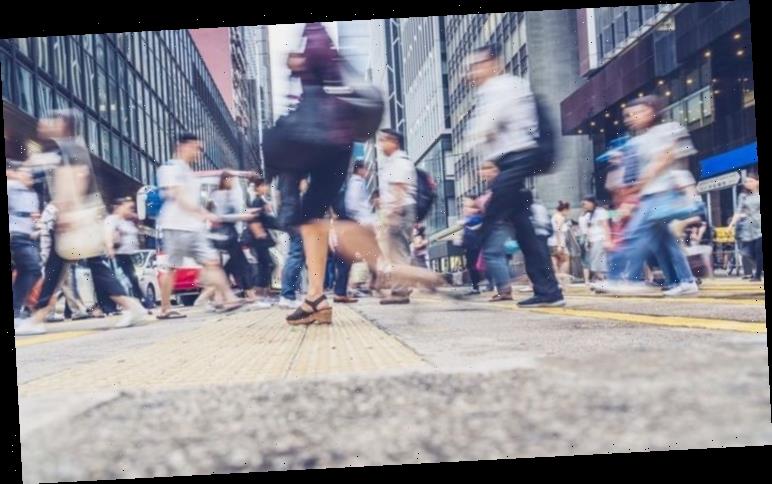A recent University of Barcelona study suggested Covid-19 traces had been found in wastewater samples as early as March 2019.
Tom Jefferson, an Honorary Senior Research Fellow from Oxford University’s Centre for Evidence Based Medicine has suggested coronavirus could have been lying in a ‘dormant’ stage.
He told the Daily Telegraph: “We may be seeing a dormant virus that has been activated by environmental conditions.”
Professor Jefferson referred to a case that had been detected in the Falkland Islands in early February this year, and another in which a cruise ship full of people who had initially been screen for the virus experienced an outbreak mid-journey.
He said: “The explanation for this could only be that these agents don’t come or go anywhere. They are always here and something ignites them, maybe human density or environmental conditions, and this is what we should be looking for.”
Melita Vujnovic, the World Health Organisation’s representative to Russia, told RIA Novosti news agency she could “not exclude” the theory of COVID-19 existing before the pandemic broke out.
“WHO has established a large team that will work together with Chinese scientists to analyse the origin of the virus.
“This virus lived in animals and at some point passed to humans. It’s hard to say when and where this happened. It’s being investigated. Viruses can be found in waste water. But nothing can be said specifically.”
Offering an alternate view, James Wood, Head of Department of Veterinary Medicine at the University of Cambridge, said the idea the virus had been dormant was “weak”.
Instead, he claimed COVID-19 had been present in animals before humans, but there was some period of time before it was able to spread.
READ: How could a second wave of coronavirus impact UK? Worst case scenario
He told Newsweek: “It has not so much been dormant as restricted in its animal distribution. The suggestion that the virus was circulating in humans prior to its emergence in Wuhan is weak and has not been validated.”
The Barcelona study that may have detected traces of coronavirus as early as March last year has not yet been peer-reviewed, and has been subject to scrutiny from many observers.
The researchers analysed wastewater treatment plant samples from January 2018 to December 2019.
They found that all of the samples they searched for coronavirus genomes came up negative, except for one sample from March 12, 2019.
DON’T MISS:
Face masks in shops to be compulsory NEXT FRIDAY with fines for those who refuse to comply [INSIGHT]
Leicester lockdown: New measures could be brought in as infections haven’t dropped enough [REPORT]
White House launches attack on US scientific advisor Dr Anthony Fauci as cases spike [INSIGHT]
The study states: “This striking finding indicates circulation of the virus in Barcelona long before the report of any COVID-19 case worldwide.
“Barcelona is a business and commerce hub, as well as a popular venue for massive events, gathering visitors from many parts of the world.
“It is nevertheless likely that similar situations may have occurred in several other parts of the world, with circulation of unnoticed COVID-19 cases in the community.”
But some observers have cast doubt on whether what they detected was really coronavirus.
One user on medical journal site MedRxiv was doubtful the genes of the detected virus – referred to as ‘E’ and ‘N’ in the study – really matched up to that of COVID-19.
They wrote: “The authors do not detect SARS-CoV-2 in samples from 2019 March. Rather, they do detect IP2/IP4 resembling SARS-CoV-2. Whatever virus it is it does not have the E and N1/N2 of SARS-CoV-2.”
Other observers claim the testing samples could have been accidentally contaminated with existing COVID-19 traces during laboratory handling.
Source: Read Full Article




